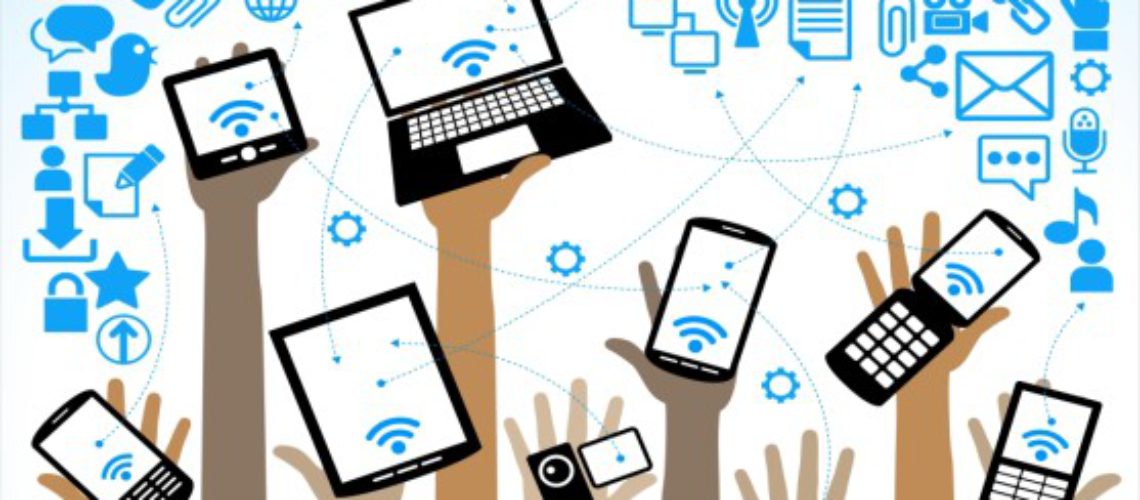With all the available electronic devices and Internet, nowadays the protection of children has become a very difficult task. There are many dangers in the world of the global net and they are evolving all the time. There are a few important steps that parents can follow in order to protect their children on the internet. These 20 tips have been taken from the book ‘How to Protect Your Children on the Internet: A Road Map for Parents and Teachers’ by the author Gregory S. Smith.
1. The children protection on Internet starts with a content filter, but it should not end there. The parents’ task is to cover all devices that have access to Internet – computers, cell phones, PDAs and game units. In other words, the parents have to know all the access paths in order to think of an effective plan to reduce the risks.
2. The next step for the parents to take is to search through these devices with access to internet, looking for content that is not appropriate for kids. The parents can do this by making a text phrase search on all drives. They should also search the photo files. If there is content that is questionable, this might indicate a safety issue connected with Internet.
3. The parents should then take control over the computer administrative passwords. In case the parents do not hold the passwords, the kids can use various approaches in order to deceive them and cover the things they do online.
4. The next step the parents have to take is to lock the PCs of their children. They should also limit and even deny the ability of the children to install new software. In this way the parents will also protect the devices, as kids often install software that contains malware and spyware.
5. The parents can further apply filtering software in order to block the content that is not appropriate for the children to see. The filters can be done by age category and they will reduce the risks that the kids take while online. The Windows Vista operating system even has a built in parental control, while the Windows XP and the earlier versions use a free filtering product.
6. The parents should also allow their kids to have email accounts only if they are old enough, for example when they are in middle school or older.
7. The children in middle school should use only safe e-mail programs, since they have special functions that allow them to restrict the people the children can communicate with. These e-mail programs are even more effective as they reduce the spam and the unwanted e-mails.
8. The children who are still in the elementary and in the middle school should not use the social networking sites. They can be stopped through a content filter. The content posted in these networks could not be filtered well and is not appropriate for small kids.
9. The parents should also block the search engines for the children in the elementary and in the middle school. They should use a system for content filtering.
10. The parents of teenagers can’t stop their kids from using the social networking sites. しかしながら, the parents can review the things their teenage children post on public and personal pages and can monitor the entire usage through special software.
11. Another important step for the parents to take is to block the IM tools that the children can use in order to place phone calls over Internet. In this way the parents can limit the possible predators’ calls that their children can otherwise take.
12. The parents of small kids should also disable the video cameras on their kids’ PCs. The video cameras are often used by the predators for finding the so called “online sex slaves”, who are later blackmailed.
13. Underestimating the sexual predators nowadays is not a good idea. In general it is believed that these are men who are looking for young girls; however there are also female predators. Parents should stay open to various possibilities.
14. The parents who face online crimes should act responsively and report them at the authorities or call the Cyber Tip line at (800) 843-5678.
15. Very useful for the parents is the stealth monitoring software, which they can use on the computers of the children in middle school and in high school. Thanks to this software the parents will be able to know everything that their kids do online.
16. Parents should avoid the usage of laptops that operate on wireless cards. The desktop PCs are cheaper and offer less risks. In case the parents decide to buy a laptop for their kid, they should install stealth software and then they should review the logs on a weekly basis.
17. The parents should also insist on teachers to test the Internet filters that are applied in the school where their kids go to study. If there are any issues found, the principal should be notified.
18. The parents have to teach their children that they should not trust anyone they have met online and do not know in real person.
19. The parents should talk to their children about all the risks that come with the usage of Internet. Children perceive themselves as invincible and usually believe that the world is one good place. They should learn never to post online personal information about their life. They should also never agree to meet people that they have met online.
20. The parents should read the book ‘How to Protect Your Children on the Internet‘ contains by Bill Mullins. This book focuses on how to keep children safe in the modern world we all live in. It is very useful and easy to refer to book, as it has sections divided by age category and by technology.

